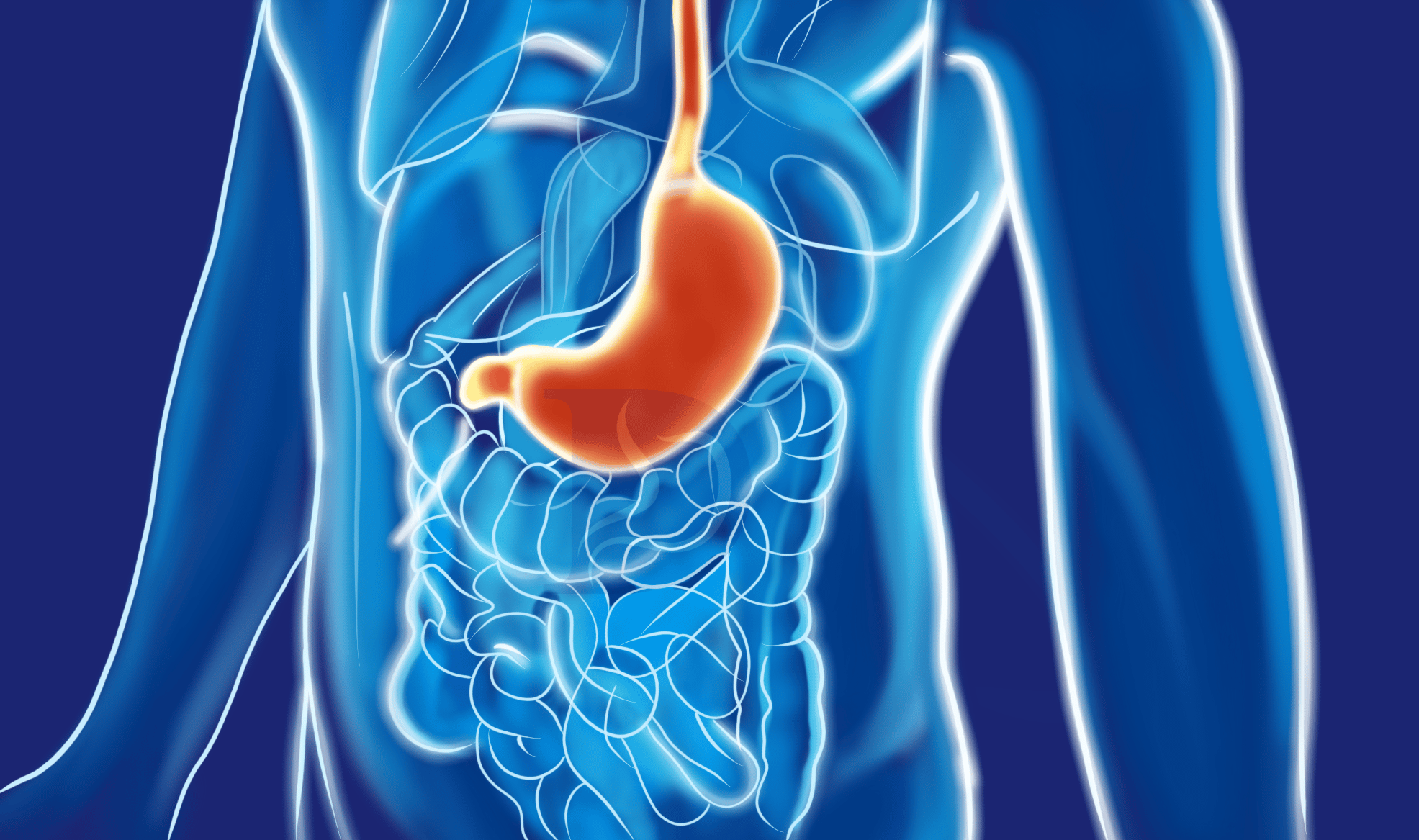Helicobacter pylori (H. pylori) is a pervasive bacterial infection that settles in your stomach and causes gastritis and peptic ulcers. The experienced team at Digestive & Liver Health Specialists has helped many patients overcome an H. pylori infection and lower their risk for recurring problems with quick and effective treatment.

What is H. pylori and what health problems does it cause?
- H. pylori is a bacterium that has a unique characteristic: It survives in stomach acid. As the bacteria attack the lining of your stomach, they release an enzyme that neutralizes your stomach acid, allowing the bacteria to infect the stomach.
- H. pylori is well-known for causing:
Chronic Gastritis
Gastritis occurs when the stomach lining becomes inflamed. Nearly everyone with an H. pylori infection has gastritis.
Peptic Ulcers
Peptic ulcers are open sores on the inside of your stomach, where they’re called gastric ulcers, or the upper portion of your small intestine, which are duodenal ulcers. H. pylori increases your risk of ulcers by producing toxins and interfering with the stomach’s normal defenses against stomach acid.
Stomach Cancer
While stomach cancer is caused by a genetic mutation in DNA that makes cells grow too rapidly, H. pylori infection significantly increases your risk of developing cancer.
How do I get an H. pylori infection?
- H. pylori is a very common infection. By the time you reach the age of 60 years, half of your peers will be infected. Once you have H. pylori, it can last a long time in your body.
This bacterial infection is easily transmitted from one person to the next because it’s found in saliva, stool, and plaque on your teeth.
It can spread from people who don’t wash their hands after having a bowel movement, through kissing, and by consuming food or water containing H. pylori.
What symptoms develop if I have H. pylori?
When you have an H. pylori infection, you may develop symptoms such as:
- Burning stomach pain
- Indigestion
- Heartburn
- Nausea
- Vomiting
- Gas and bloating
- Upper abdominal pain
In its early stages, stomach cancer causes vague symptoms such as abdominal pain and feeling full after eating.
You may also become fatigued, weak, and develop symptoms from nutritional deficiencies, such as iron-deficiency anemia.
How is H. pylori treated?
When your provider at Digestive & Liver Health Specialists suspects an H. pylori infection, they may perform a breath test, a stool test, or an upper endoscopy to get a stomach biopsy.
Once the infection is diagnosed, most patients are treated with antibiotics, which not only takes care of the H. pylori, but also lowers your risk for a recurring peptic ulcer. Your provider may also recommend proton pump inhibitors, which lower acid production and help your stomach heal.

